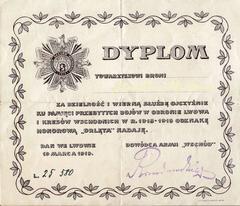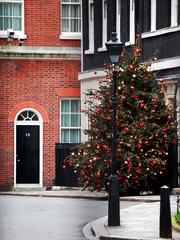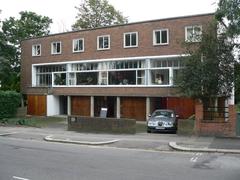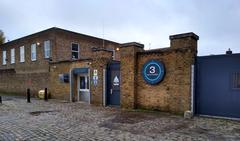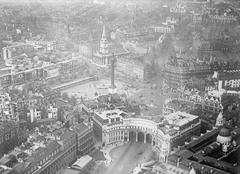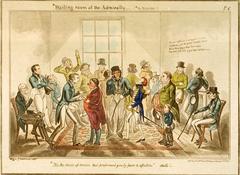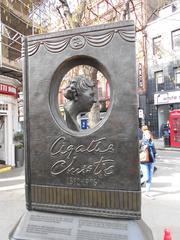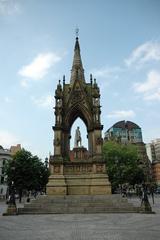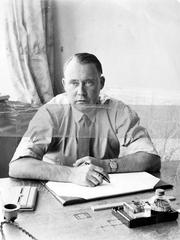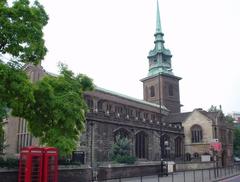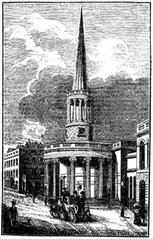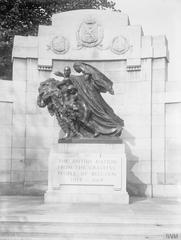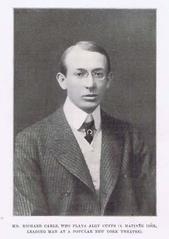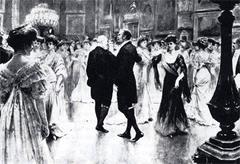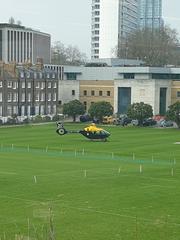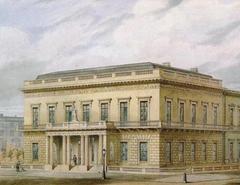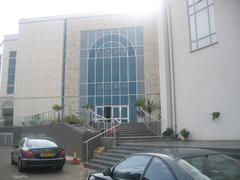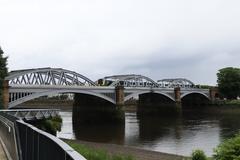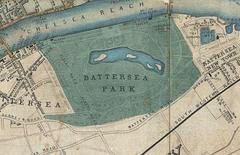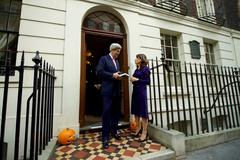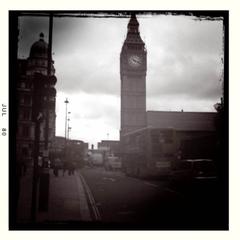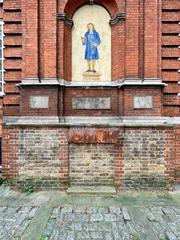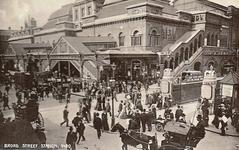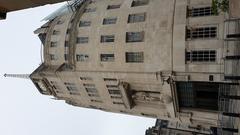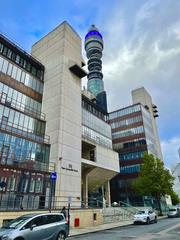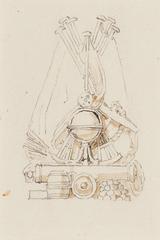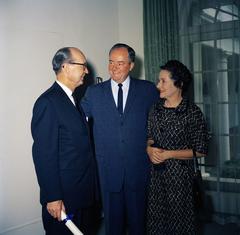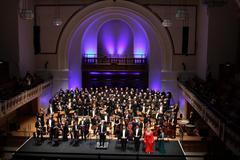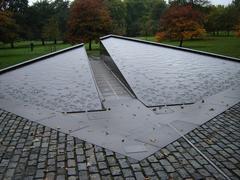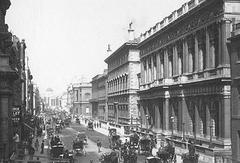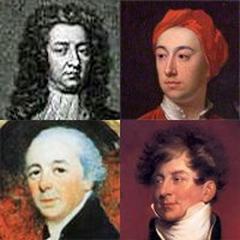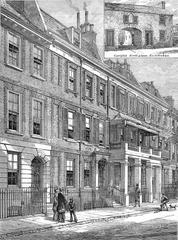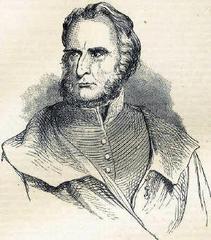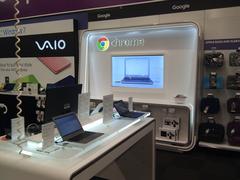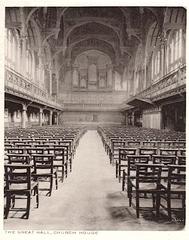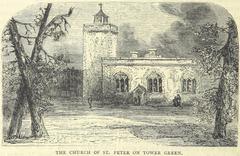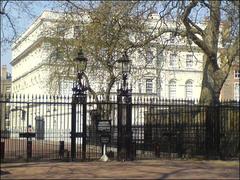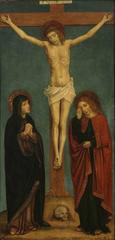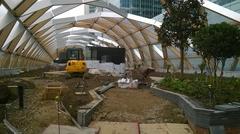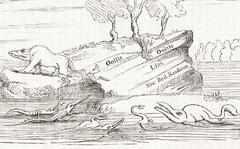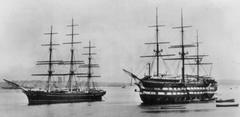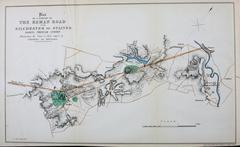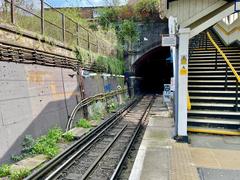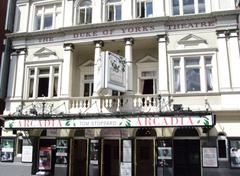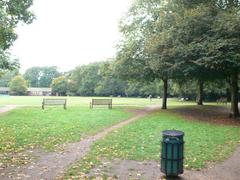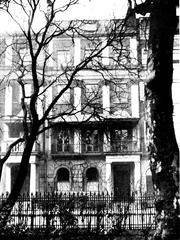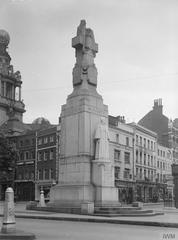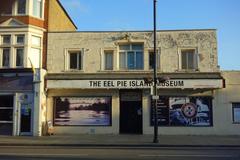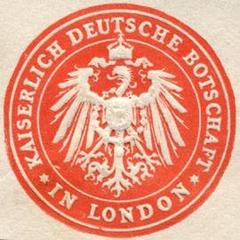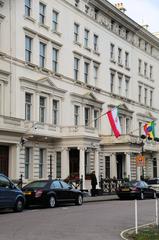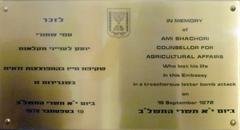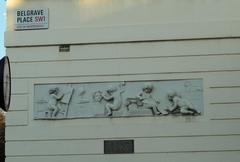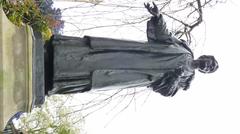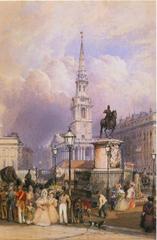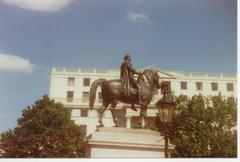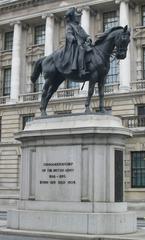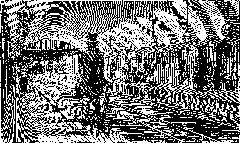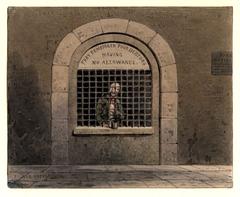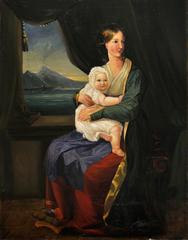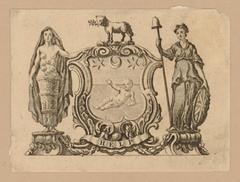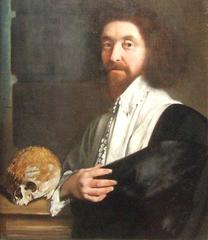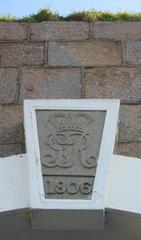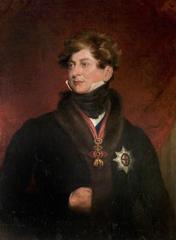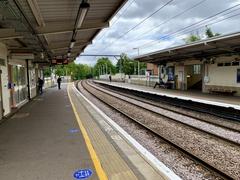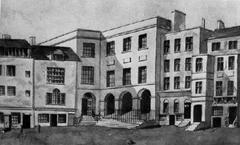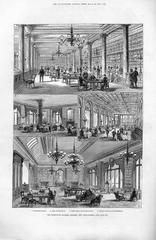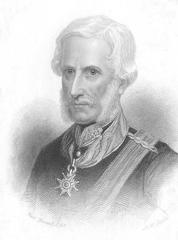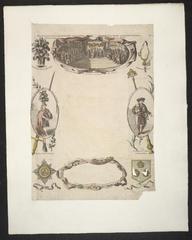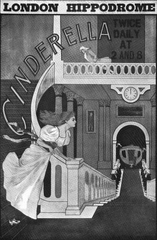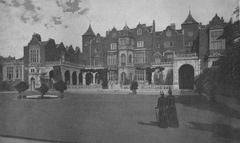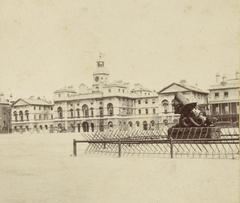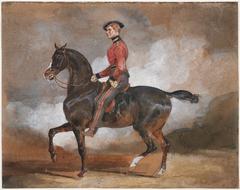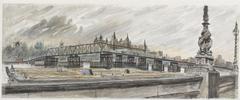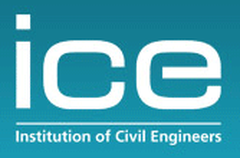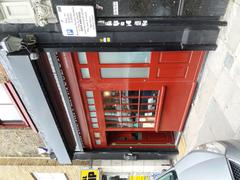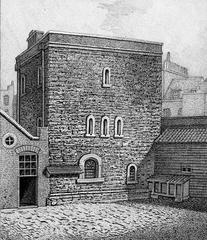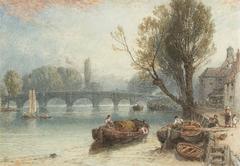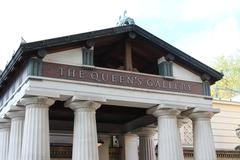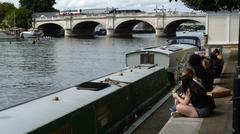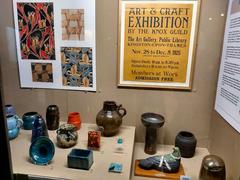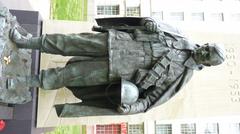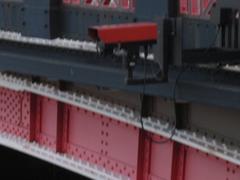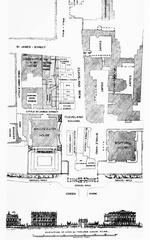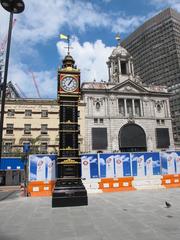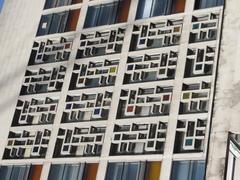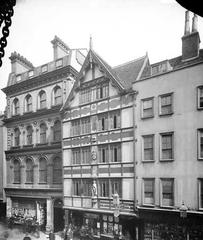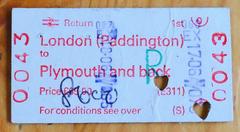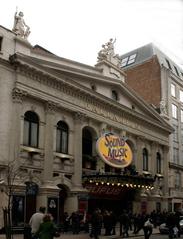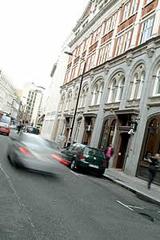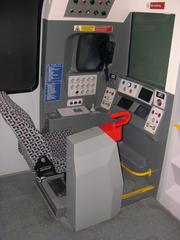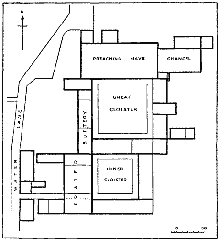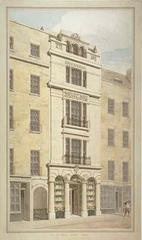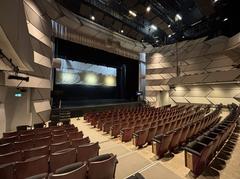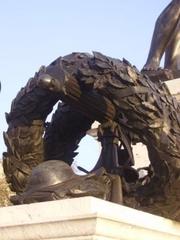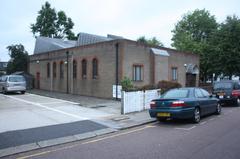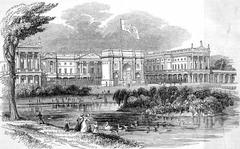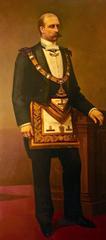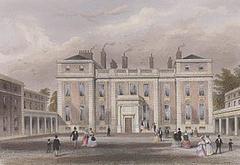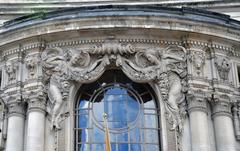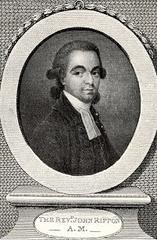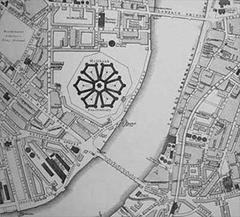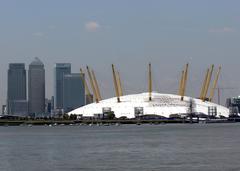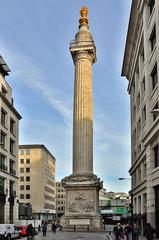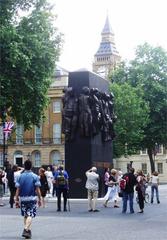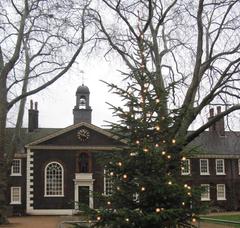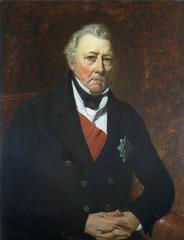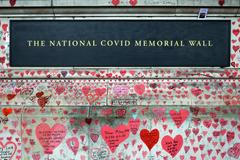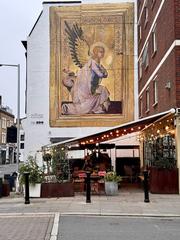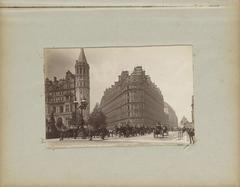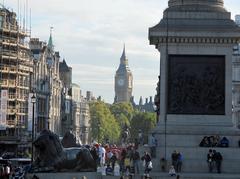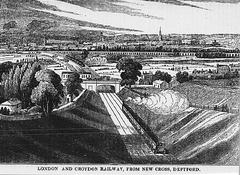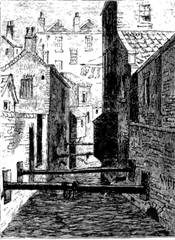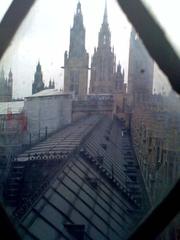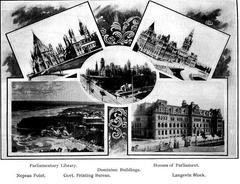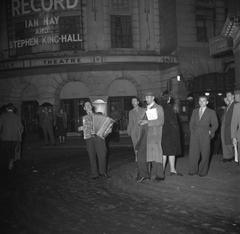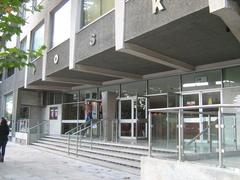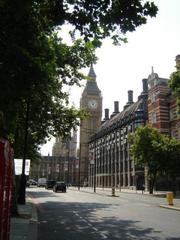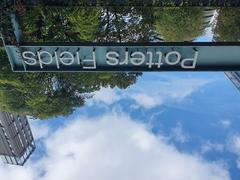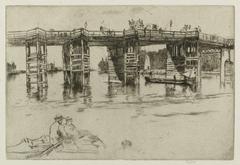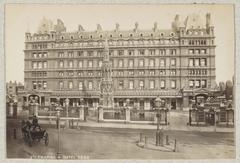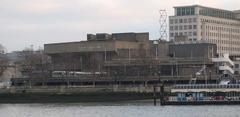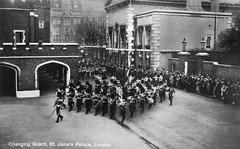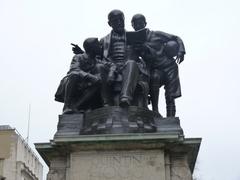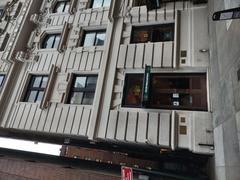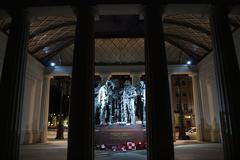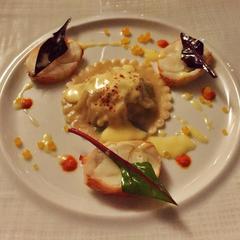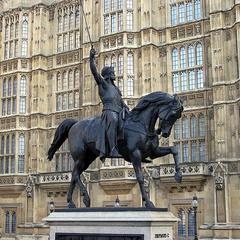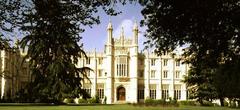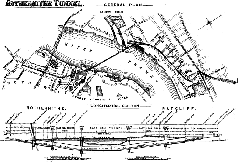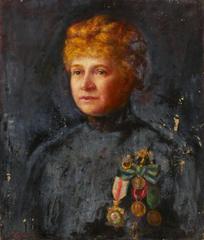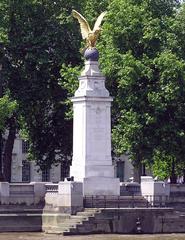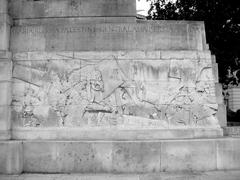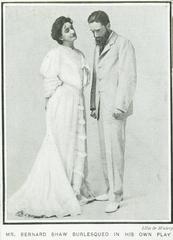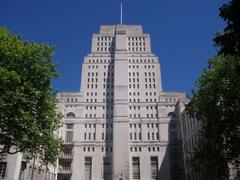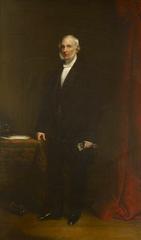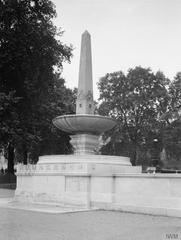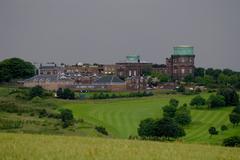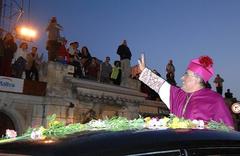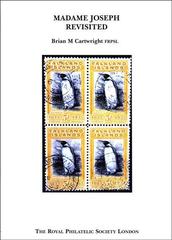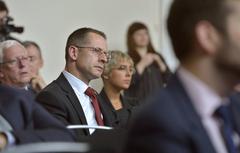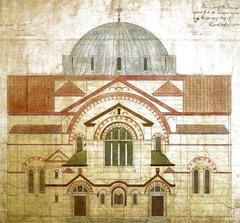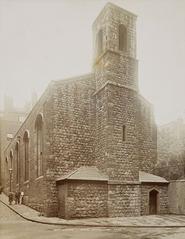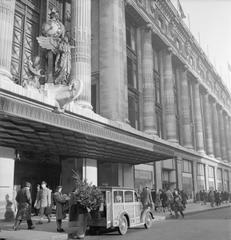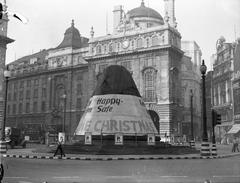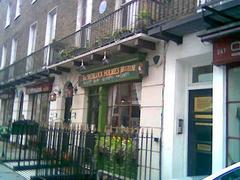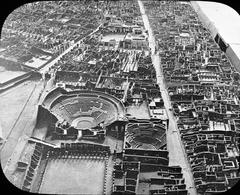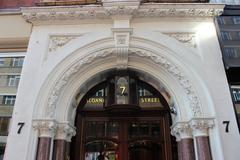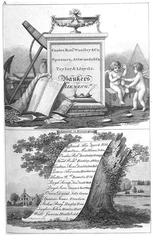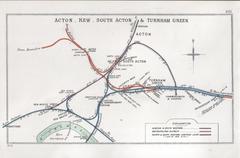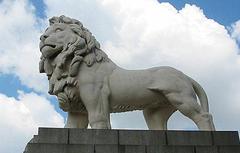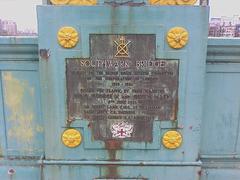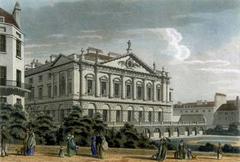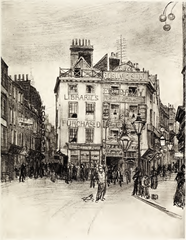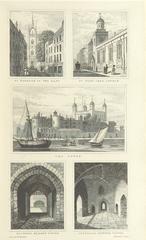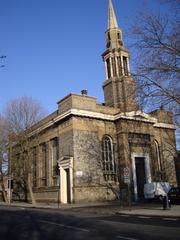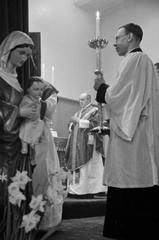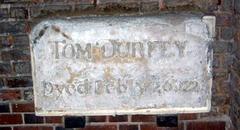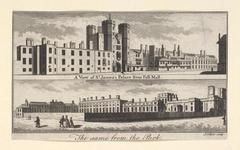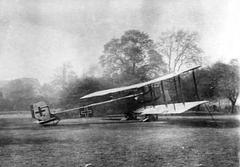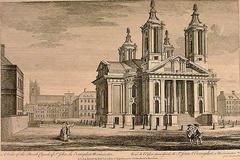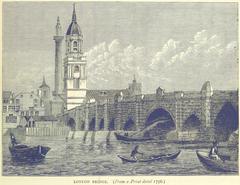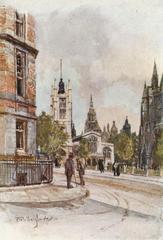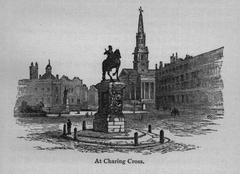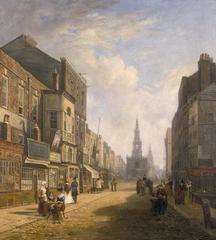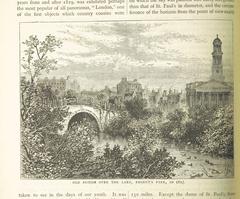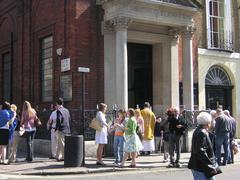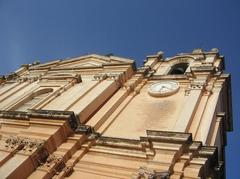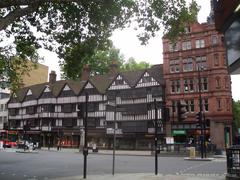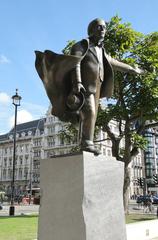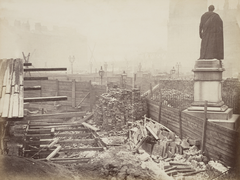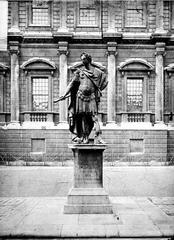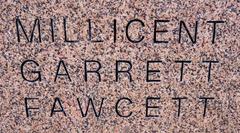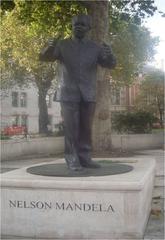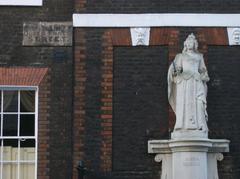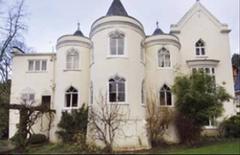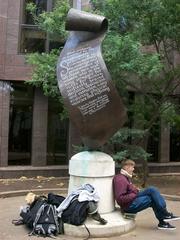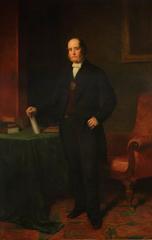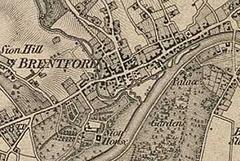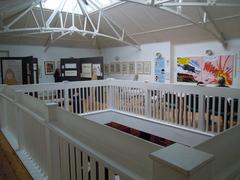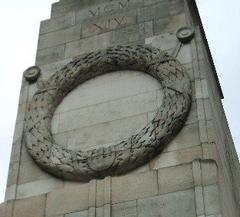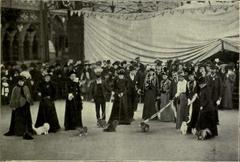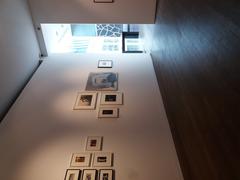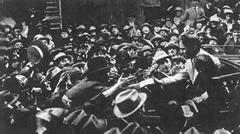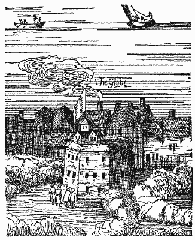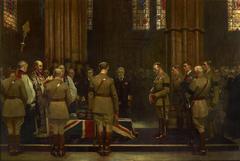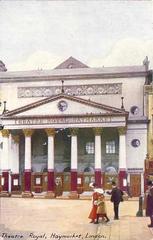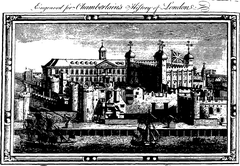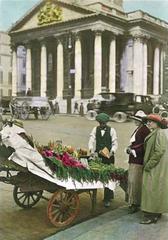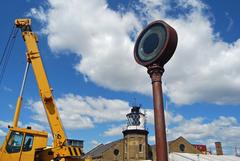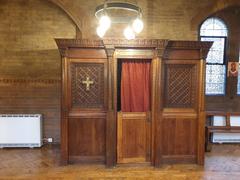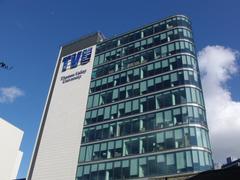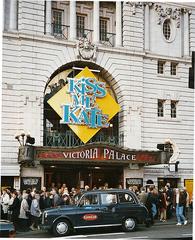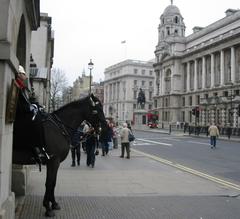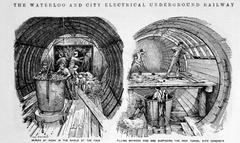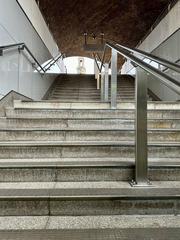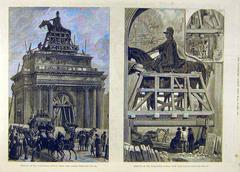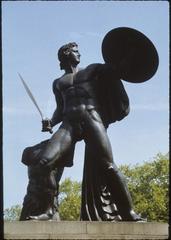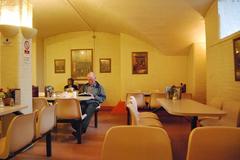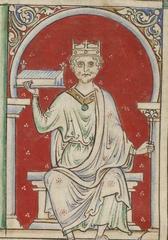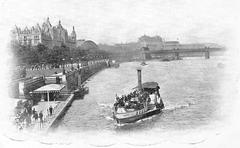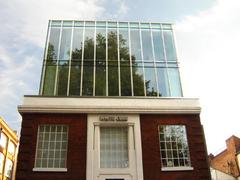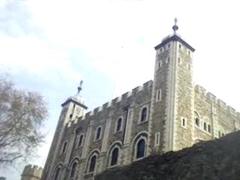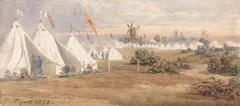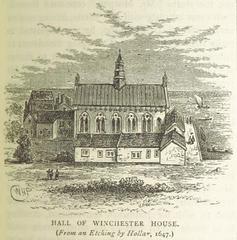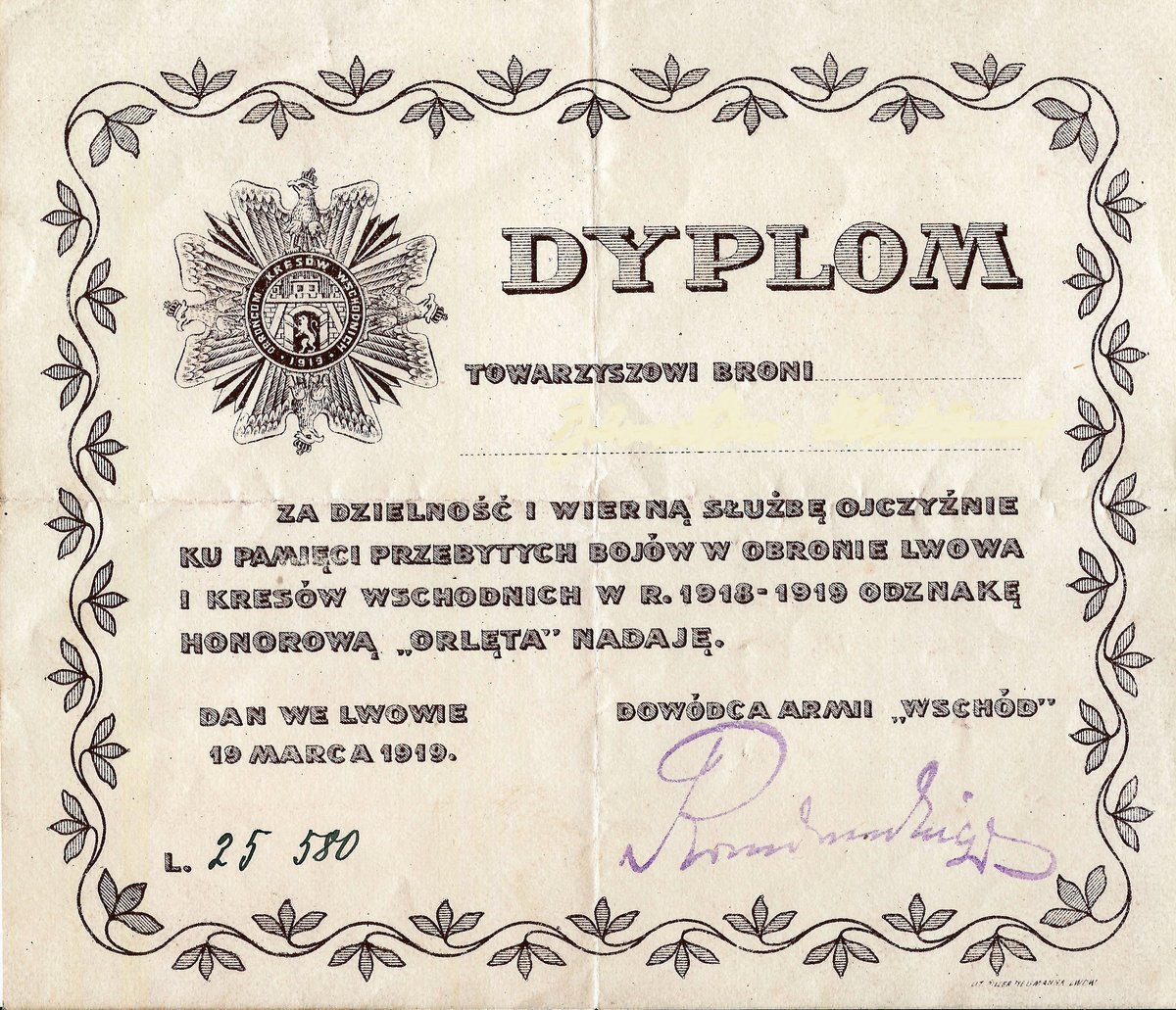
Visiting the Polish Institute and Sikorski Museum, London: Hours, Tickets, and Complete Guide
Date: 14/06/2025
Introduction
Nestled in South Kensington, one of London’s most culturally vibrant areas, the Polish Institute and Sikorski Museum (PISM) stands as a testament to the resilience, sacrifice, and cultural richness of the Polish nation—particularly during World War II. Founded in 1945, the museum serves as an archive, research hub, and memorial to the Polish Armed Forces in exile, the wartime government-in-exile, and the extensive Polish diaspora that found refuge in the United Kingdom. Its collections, exhibitions, and outreach programs offer a unique opportunity for visitors to engage with Poland’s modern history and its enduring legacy in Britain (PISM History, EHRI Project).
Whether you are passionate about military history, tracing family roots, or simply exploring London’s rich tapestry of historical sites, the Polish Institute and Sikorski Museum provides a compelling, educational experience. This guide covers all essential information for planning your visit—including opening hours, ticketing, highlights of the museum’s collection, accessibility, research resources, and nearby attractions.
Table of Contents
- Introduction
- History and Mission
- Collections and Exhibition Highlights
- Visiting Hours and Tickets
- Guided Tours and Group Visits
- Accessibility and Visitor Facilities
- Travel Tips and Getting There
- Research and Genealogical Resources
- Special Events and Community Engagement
- Nearby Attractions
- Frequently Asked Questions (FAQs)
- Summary and Final Tips
- References
History and Mission
Foundation and Historical Context
Established in the aftermath of WWII, the Institute was created to safeguard the records and memorabilia of the Polish government-in-exile and the Polish Armed Forces who fought alongside the Allies. Initiated by Lt. Colonel Zygmunt Borkowski and supported by figures such as President Władysław Raczkiewicz and Helena Sikorska (widow of General Władysław Sikorski), the museum has since become the premier repository of Polish wartime archives outside Poland (Studium Polski Podziemnej).
Mission and Objectives
The Institute’s mission is to:
- Preserve and provide access to one of the world’s largest collections of Polish WWII documents and artifacts.
- Commemorate Poland’s contributions to major Allied campaigns, such as the Battle of Britain and Monte Cassino.
- Promote Polish culture, history, and identity within the UK.
- Support historical research and educational outreach through its archives and public programming.
Collections and Exhibition Highlights
Core Themes
The museum specializes in Polish history from the Napoleonic era through WWII, with a particular focus on the wartime experiences of Polish forces in the West and the government-in-exile (Wikipedia).
Key Exhibits
- Uniforms and Military Decorations: A vast array of medals, including the Virtuti Militari and Monte Cassino Cross. These exhibits provide insight into Polish military heritage and are invaluable for genealogical research (Polish Genealogist).
- Weapons and Equipment: Artifacts span from the Napoleonic era to WWII, illustrating the evolution of Polish military tactics (London Unveiled).
- Personal Effects and Memorabilia: Letters, diaries, and belongings of soldiers and statesmen offer a personal dimension to the historical narrative (ianVisits).
- Photographs and Artworks: Over 5,000 images and significant works of art, including 2,000 photos by Jan Markiewicz chronicling the Polish community in 1950s London (Wikipedia).
- Film and Sound Archive: More than 1,300 reels of audio-visual material enhance the museum’s storytelling (PISM official site).
- General Sikorski’s Legacy: Personal papers and artifacts of General Władysław Sikorski form a central part of the museum (London Unveiled).
- Wojtek the Bear: The famous bear who served with the Polish II Corps during WWII is a visitor favorite (London Unveiled).
- Warsaw Uprising Documents: Extensive records and testimonies relating to the 1944 uprising (Wikipedia).
Visiting Hours and Tickets
Opening Hours
- Tuesday to Friday: 2:00 pm – 4:00 pm (last entry 3:00 pm)
- First Saturday of the Month: 10:30 am – 4:00 pm (last entry 3:00 pm)
- Closed in February for annual maintenance (PISM Museum Hours)
Archives Access
- Tuesday to Friday: 9:30 am – 4:00 pm
- Closed in February
Researchers must book in advance (PISM Archives).
Admission
- Entry: Free of charge
- Donations: Strongly encouraged to support conservation and educational activities (PISM Admission)
Guided Tours and Group Visits
- Guided Tours: Every visitor is offered a guided tour by a knowledgeable volunteer, providing in-depth historical context (PISM Visitor Info).
- Group Visits: For groups larger than five, advanced notice (at least one month) is required to secure a guide.
- Educational Groups: Schools and organizations are welcome; booking ahead is essential.
Accessibility and Visitor Facilities
- Historic Building: Due to its Victorian architecture, some areas may not be fully accessible. Contact the museum in advance for specific requirements (WhichMuseum Sikorski).
- Restrooms: Not specified; inquire before visiting.
- Cloakroom: Not available—bring minimal belongings.
- Photography: Allowed for personal use with staff permission; reproduction requires prior approval (PISM Terms).
- No Café or Gift Shop: Plan accordingly.
Travel Tips and Getting There
Address
20 Prince’s Gate, London SW7 1PT, United Kingdom
By Public Transport
- Underground: South Kensington (Circle, District, Piccadilly lines) and Gloucester Road stations are a short walk away.
- Bus: Multiple routes service Exhibition Road and Cromwell Road.
- Parking: Very limited; public transport is recommended.
Arrival Tips
- Arrive early for a quieter visit.
- Allocate 1–2 hours for your visit.
- Most exhibits are bilingual (English/Polish).
Research and Genealogical Resources
PISM is a key research center for anyone tracing Polish ancestry or studying WWII history:
- Military Service Records: Extensive files for Polish soldiers in exile (Polish Genealogist).
- Official and Personal Documents: Critical for historical and genealogical research.
- Digital Collections: Some resources are digitized, in cooperation with institutions such as Karta (Wikipedia).
- Access: Researchers should book appointments in advance.
Special Events and Community Engagement
The museum hosts lectures, temporary exhibitions, commemorations, and cultural programs. These foster connections within London’s Polish community and bring Poland’s history to a broader audience. Check the official website for event updates (The Places Where We Go).
Nearby Attractions
PISM’s South Kensington location allows visitors to easily combine their trip with other renowned sites:
- Natural History Museum
- Victoria and Albert Museum
- Science Museum
- Hyde Park
- Royal Albert Hall
For more London historical sites, visit Tourist Places UK.
Frequently Asked Questions (FAQs)
Q: What are the visiting hours?
A: Tuesday to Friday, 2:00 pm – 4:00 pm; first Saturday of each month, 10:30 am – 4:00 pm; closed February.
Q: Is there an admission fee?
A: Entry is free; donations are welcome.
Q: Can I take photographs?
A: Allowed with staff permission; reproduction needs prior approval.
Q: Is the museum accessible for wheelchair users?
A: Accessibility is limited; contact the museum ahead to discuss specific needs.
Q: Are guided tours available?
A: Yes, all visitors receive a guided tour.
Q: How do I book a group or research visit?
A: Contact the museum at least one month in advance for groups or to access archives.
Summary and Final Tips
The Polish Institute and Sikorski Museum is a unique haven for history lovers, researchers, and anyone interested in Polish or European heritage. With its free admission, rich collections, and expert volunteer guides, it offers an immersive and educational experience. Due to the historic nature of the building and limited opening hours, it’s wise to plan ahead, especially for group or research visits. Donations and participation in special events help support this vital institution.
For the most current information, check the official museum website, and consider downloading the Audiala app for enhanced audio-guided experiences. Combine your visit with nearby cultural attractions to make the most of your South Kensington day out.
References
- EHRI Project
- PISM History
- Studium Polski Podziemnej
- London Unveiled
- The Places Where We Go
- Tourist Places UK
- Polish Genealogist
- ianVisits
- WhichMuseum Sikorski
- Army Museums Sikorski
